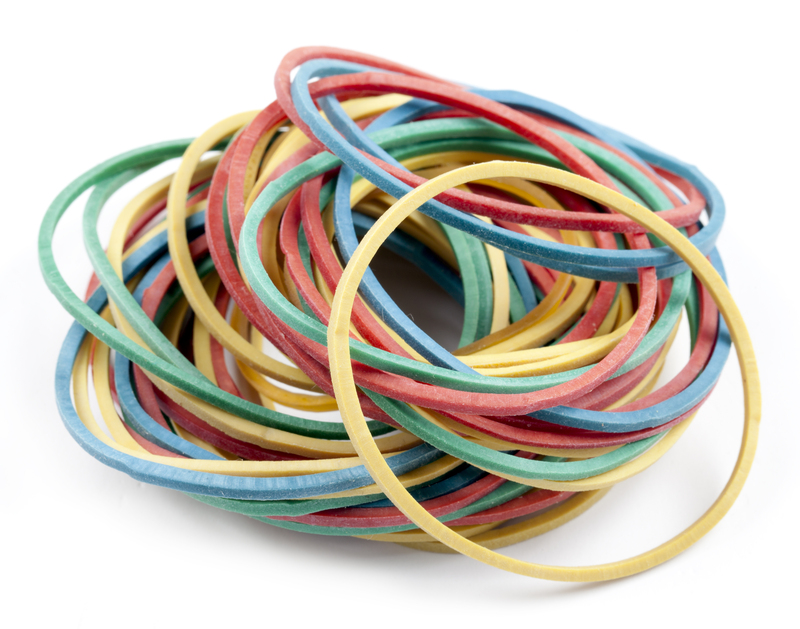
Discover How Recycled Glass is a Valuable Resource
Recycling is a pivotal component in the fight against environmental degradation, and among the numerous materials that can be recycled, glass stands out as a highly valuable resource. By embracing the practice of recycling glass, not only do we take steps towards a more sustainable future, but we also tap into a myriad of benefits that this process offers. In this comprehensive article, we will delve into various aspects of recycled glass, its benefits, and ways it serves as an indispensable resource in today's world.
Understanding the Concept of Recycled Glass
Glass recycling involves the collection and processing of glass waste, such as bottles and jars, to create new glass products. Unlike many materials, glass can be recycled indefinitely without losing quality or purity. Recycled glass therefore serves as an excellent resource to create new glass containers, fiber optics, and even construction materials. The process of recycling glass not only reduces the amount of waste in landfills but also minimizes the consumption of raw materials.
The Process of Glass Recycling
The journey of recycled glass from waste to a valuable product involves several key stages:
- Collection - Glass containers are collected from various sources including homes, restaurants, and recycling centers.
- Sorting - The collected glass is sorted by color as different glass colors have distinct melting points.
- Cleaning - Glass is cleaned to remove any impurities or contaminants.
- Crushing - The glass is crushed into small pieces known as cullet.
- Melting - The cullet is then melted down with raw materials in a furnace at high temperatures.
- Forming - The molten glass is formed into new products, such as bottles and jars.
The entire recycling process is energy-efficient and contributes to reducing the carbon footprint associated with new glass production.
Environmental Benefits of Recycling Glass
As the world grapples with climate change and environmental degradation, recycling glass presents a practical solution with a host of environmental benefits:
Reduction in Landfill Use
Landfills are overflowing with waste materials, and glass can take thousands of years to decompose. By recycling glass, we reduce the toll on landfills and promote a cleaner environment.
Saving Energy
Producing glass from recycled materials consumes significantly less energy than creating new glass from raw materials. This energy efficiency translates to lower emissions of greenhouse gases and reduces the environmental impact of manufacturing processes.
Conservation of Natural Resources
Recycled glass reduces the need for raw materials such as sand, soda ash, and limestone, thereby conserving natural resources and preventing the environmental disruption caused by their extraction.
Economic Impact of Recycled Glass
The benefits of recycling glass extend beyond environmental advantages, reaching into the economic realm:
Job Creation
The glass recycling industry is labor-intensive, creating jobs in the collection, sorting, and processing stages. It supports green jobs and contributes to a sustainable economy.
Cost-Effectiveness
Producing glass products from recycled glass is often more cost-effective than using virgin materials. This cost efficiency can translate into savings for manufacturers and eventually for consumers.
Innovative Uses of Recycled Glass
Recycled glass offers remarkable versatility and can be used in several innovative applications:
Construction Material
Recycled glass is utilized in the production of glassphalt, a type of asphalt that incorporates crushed glass. This not only strengthens the pavement but also provides a reflective quality that can improve visibility. Additionally, recycled glass is used in making tiles, countertops, and other building materials.
Landscaping and Aesthetics
In landscaping, crushed glass can be used as an alternative to gravel or sand, delivering both aesthetic appeal and functionality. Landscaping products made from recycled glass include mulch and decorative aggregates.
Art and Decoration
Artisans and designers embrace recycled glass for its unique textures and colors, creating stunning artworks, jewelry, and decorative pieces. The limitless possibilities of glass allow for creativity that not only beautifies spaces but also promotes environmental consciousness.
Challenges and Solutions in Glass Recycling
Despite its many benefits, glass recycling faces certain challenges:
Contamination
The presence of contaminants such as metals, ceramics, and food residue can disrupt the recycling process. Enhanced public awareness and improved sorting technologies are vital solutions to this issue.
Transportation Costs
Transporting heavy glass waste is often costly and energy-intensive. Localized recycling facilities and innovative transport solutions help mitigate these challenges.
Conclusion: Embrace the Opportunities of Recycled Glass
Recycled glass offers incredible opportunities to promote sustainability, conserve resources, and drive economic growth. By recognizing the value of this precious resource, we can pave the way for an environmentally responsible future while reaping economic and social benefits. Join the movement by actively participating in glass recycling programs and encouraging innovative uses of recycled glass in various industries. Together, we can turn waste into a valuable asset and contribute to the well-being of our planet and future generations.
